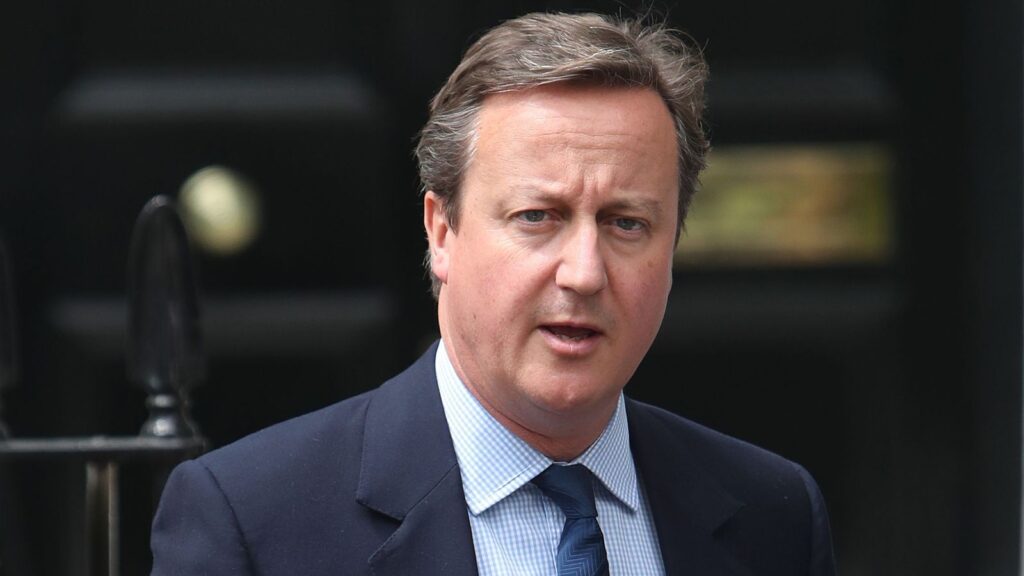World powers are striving to prevent a wider outbreak of conflict in the Middle East after Iran’s attacks on Saturday night, which involved hundreds of missiles and drones, the first time Iran has directly attacked Israel after decades of confrontation by proxies.
Israel has clearly decided to retaliate against Iran for missile and drone attacks, Britain’s foreign minister David Cameron said during a visit to Israel on Wednesday, the starkest warning yet of another volley coming in regional escalation.
Iran launched the attacks in response to a presumed Israeli airstrike on its embassy compound in Damascus on April 1, which killed two generals and several other Iranian officers.
“It’s clear the Israelis are making a decision to act,” Cameron told reporters early in his visit to Jerusalem. “We hope they do so in a way that does as little to escalate this as possible.”
More than six months into a war between Israel and the Iran-backed Palestinian militant group Hamas that has seen flare-ups in violence across the Middle East, diplomats are searching for a way to avert a direct battle between Israel and Iran.
The Iranian missiles and drones launched on Saturday were mostly shot down by Israel and its allies, and caused no deaths and only minor damage. But Israel says it must retaliate to preserve the credibility of its deterrents. Iran says it considers the matter closed for now but will retaliate again if Israel does.
Washington and other Western governments hope new economic sanctions against Iran will help persuade Israel to limit the scope of its retaliation. Cameron said Britain wanted to see coordinated sanctions against Iran by the Group of Seven big democracies, which are meeting this week in Italy.
“They need to be given a clear, unequivocal message by the G7,” he said.
European Union foreign policy chief Josep Borrell, speaking in Brussels after an emergency video conference of EU foreign ministers, said some member states had asked for sanctions against Iran to be expanded.
Borrell said the proposal would expand a sanctions regime that seeks to curb the supply of Iranian drones to Russia so that it would also include the provision of missiles and could also cover deliveries to Iranian proxies in the Middle East.
Israel is expected to discuss its response to Iran at a meeting of Prime Minister Benjamin Netanyahu’s war cabinet, which also includes centrist rivals brought into the government as a unity gesture after Hamas attacked Israel on Oct. 7.
Join our WhatsApp community via https://goquick.ly/cj8q2 for instant and latest news updates.


